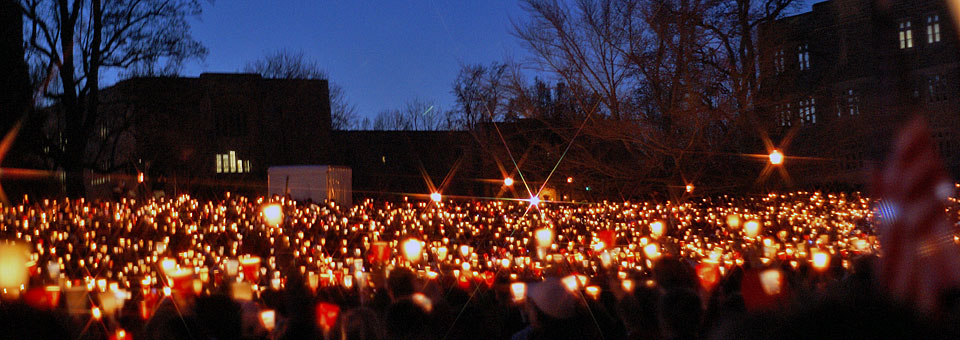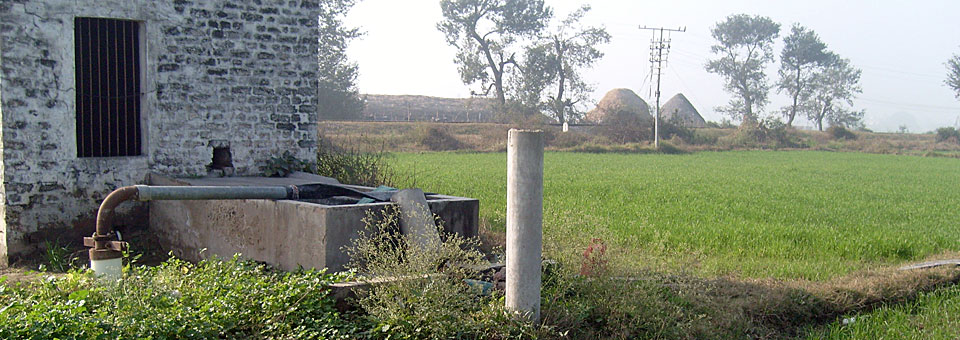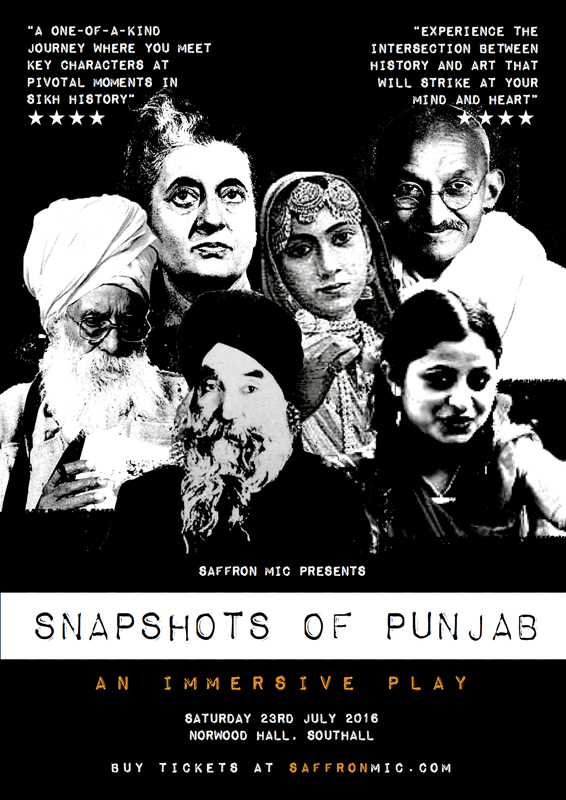On a quiet Sunday morning in the small city of Oak Creek in Wisconsin, a gunman entered a Gurdwara where Sikhs were beginning to gather for a service and opened fire. At the time of writing, six members of the congregation have been killed and three people are critically injured including a Police Officer who was one of the first on the scene. The American people, still reeling from the massacre meted out by a domestic terrorist in a Colorado cinema a fortnight ago, will surely be asking more questions about gun control in the run-up to the Presidential election. But as a Sikh community in the west, once again targeted for standing out, what questions should we be asking of ourselves at this time?
There are some things in the World that can be fatal which we have no control over: a force of nature, a terminal disease, or as we saw in Oak Creek, the actions of another person. There will of course be serious questions for the authorities to answer about how an extremist was able to purchase firearms unchecked or orchestrate this heinous plan without being monitored, but a question that has resounded amongst Sikhs in the aftermath has been how we could have prevented the attack or indeed any potential attacks in the future.
The Sikhs continue to be mistaken across North America in particular, for brethren of Osama bin Laden and Al Qaeda which has arguably contributed to a vast majority of the 700 hate crimes that have been perpetrated against Sikhs since 11th September, 2001. The fact we are still not recognised as a distinct people amongst the vast groups of brown faces is a serious one, but also one that we have been reluctant to rectify for fear the cost would be suggesting that Al Qaeda sympathisers or Muslims are a legitimate target of hate crimes. We want to say that we are a distinct people with a unique ideology, culture and history of our own. But we do not want people to think that we are stepping back from the very heart of what makes us a target: our identity. Both physically and psychologically, a Sikh is defined by his or her ability to stand out and then stand up when the need arises, so I have not been surprised by our inability to blitz Western media with who we are, when doing so might suggest we are not willing to sacrifice for others.
But this way of sharing who Sikhs are in a PR campaign, being represented in print, on screen and through the airwaves, is just one of the ways we can tell the World who we are. Difficult as it might be for some to believe, but there are still countless people in the Western world who do not form their worldly view solely from watching bipartisan news stations or reading glossy magazines; they go out and meet people. In their workplaces, gyms, on holidays and in parks; whilst socialising, volunteering, or even shopping, many people learn about the World through the people they meet. I believe the time to ask why they are not meeting us in these places is long overdue, and perhaps more importantly to ask, why we are not meeting them. Where are we in the wider community as people? Sure, we integrate well and have many non-Sikh friends, but as a people generally, are we members of local book clubs or sports teams that are not Sikh-led? Do we go to a public gym and casually converse with John and Jane, or do we keep to ourselves, go with Sikh friends or go to the Gurdwara gym? Do we volunteer at city soup kitchens or compliment someone trying on clothes in a store? Do we talk to the people who share our space when we travel, or do we limit ourselves to vacationing with relatives?
There are of course many individual Sikhs who do all of these things in the wider community, whose Facebook friends lists look like a veritable assortment of Starburst, who share being a Sikh with others just by being themselves in every day life. But these people are largely in the minority. All too often in the Sikh world, our lives revolve around our community as opposed to the wider community and we are suffering as a result. So what can we do? Get out there into the World and not be afraid of getting stuck into that which isn’t the status-quo for Sikhs. Join a sports club that isn’t run by your Gurdwara; volunteer for a non-Sikh charity; strike up conversations with colleagues you don’t speak to; do something outside of your comfort zone and make sure it involves meeting people. But remember, you’re not there to eulogise about Sikhi, but when someone asks a question (and they always ask a question) you will have shared a little knowledge about who we are, whilst being a member of the wider community you live in.
This is in no way going to prevent an atrocity like that which occurred in Wisconsin. Recognition of our identity is just one of the factors that leads to Sikhs being targeted and in all likelihood many terrorists in the west will strike us just the same even if they know who we are and can distinguish one brown face from the next. But with so much that we have to offer from our rich ideology and culture, we are doing the western World a disservice by keeping them from knowing who we are. Some of what I have suggested in the preceding paragraphs is a little corny, but my intention is to get us thinking about how we can tell the World who we are without delivering a lecture, producing a documentary or garnering column inches in religious news sections. It is something I have prided myself on since I can remember and although I consider myself a strong advocate for being a Sikh amongst largely non-Sikhs in so much of my everyday life, I was inspired earlier this year by two of the University students from our Naujawani.com Sikh Studies course to go even further. They had both qualified to become Special Constables in London – something I’m hoping will happen soon for myself too. But it was the fact they had done this, independently of one another and without the moral support of other friends applying at the same time that struck me as advocating Sikhi in the purest sense. When I asked them why they had enrolled, they replied that it was a good way of serving their fellow Londoners. Let’s get back into the wider communities we live in, so they get to know who we are and recognise us as Sikhs, but also as fellow members of society.






